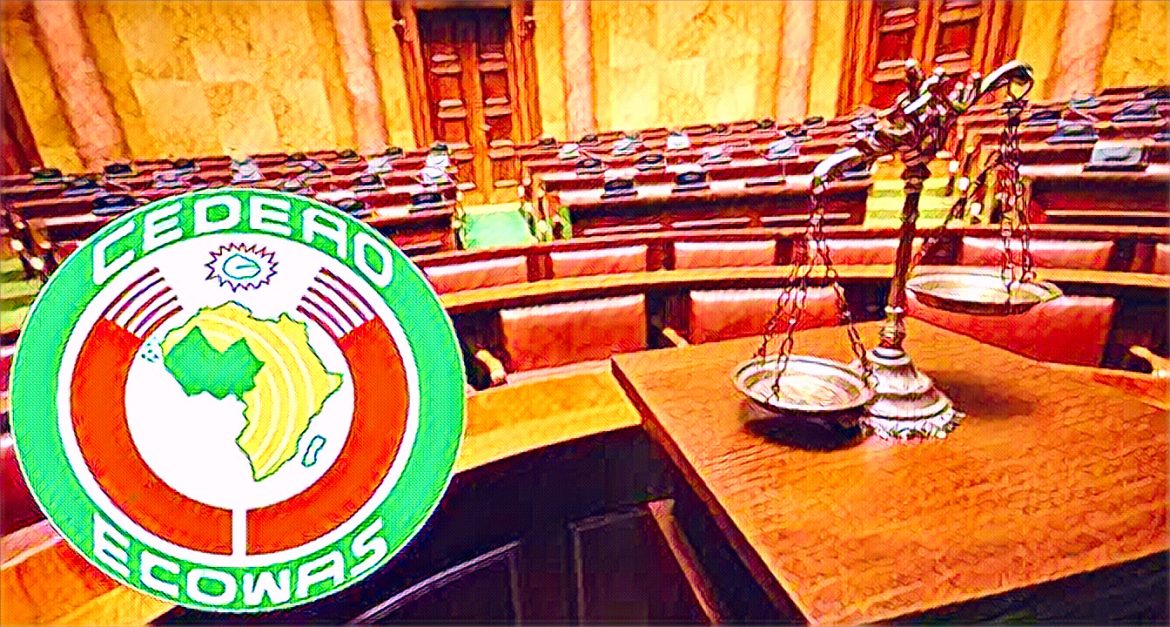KEY POINTS
- The ECOWAS Court awarded ₦10 million to Glory Okolie.
- Okolie was detained without judicial authorization and mistreated.
- Court ordered measures to prevent future human rights violations.
The ECOWAS Court of Justice has ordered the Federal Government to pay ₦10 million in compensation to Glory Okolie, a Nigerian student, for her unlawful detention and maltreatment by police.
ECOWAS Court rules on illegal detention case
According to punch, the judgment, issued Thursday, Nov. 21, 2024, also directed the government to adopt measures to prevent future human rights violations.
Okolie was arrested June 13, 2021, and detained without judicial authorization. According to a case filed by Okolie, along with the One Love Foundation and the Incorporated Trustees of Behind Bars Human Rights Foundation, she was denied legal representation, subjected to forced labor, and physically abused during her detention.
The applicants argued that these actions violated the African Charter on Human and Peoples’ Rights and the Revised ECOWAS Treaty. They sought reparations for the breaches and justice for the inhumane treatment Okolie endured.
Government defense fails as court demands safeguards
In its defense, the Federal Government claimed Okolie was affiliated with the Indigenous People of Biafra, a group proscribed in Nigeria for alleged terrorist activities. Authorities argued her detention was necessary for national security.
In an email to this correspondent, the court said Justice Ricardo Cláudio Monteiro Gonçalves ruled that Okolie’s prolonged detention without judicial oversight violated her rights to liberty and a fair trial as guaranteed under Articles 6 and 7 of the African Charter. The court described her treatment as a clear abuse of human rights.
“The court, therefore, ordered the government to pay Glory Okolie ₦10 million in damages and to cease all forms of harassment against her. It also stressed the need for safeguards to prevent a recurrence of such acts,” the judgment stated.
The court, however, dismissed claims filed by the two co-applicant NGOs due to procedural issues.
The three-member panel that presided over the case included Justice Ricardo Cláudio Monteiro Gonçalves, who served as presiding judge and rapporteur, along with Justices Sengu Mohamed Koroma and Edward Amoako Asante.


